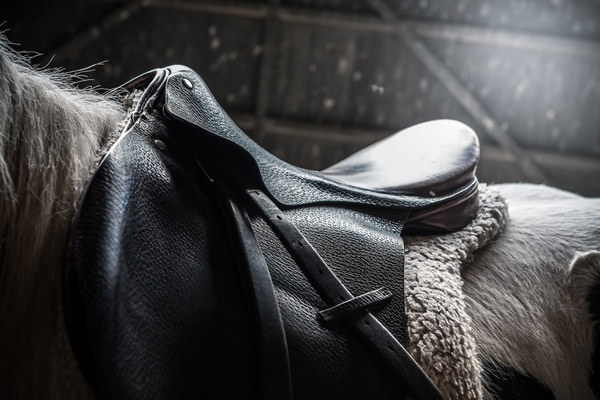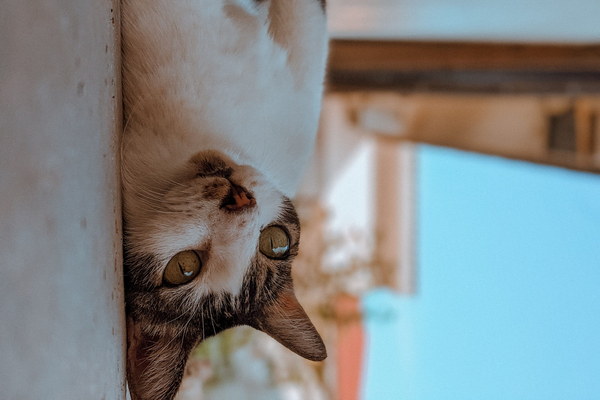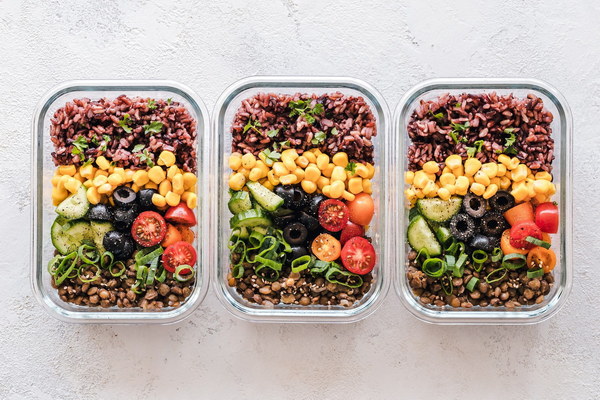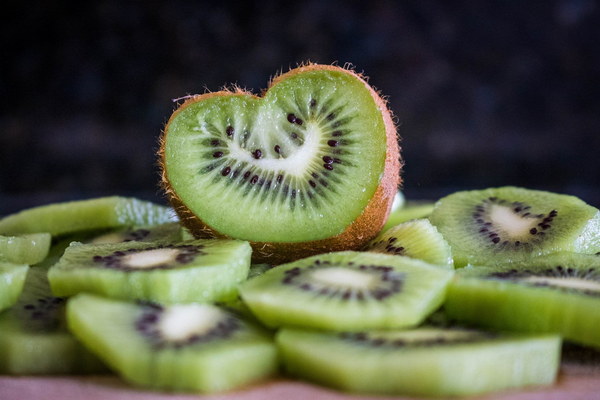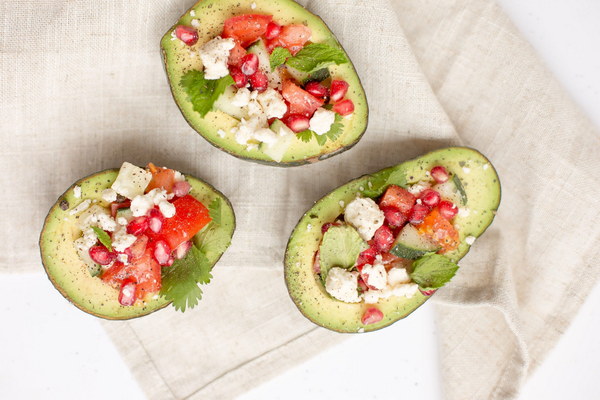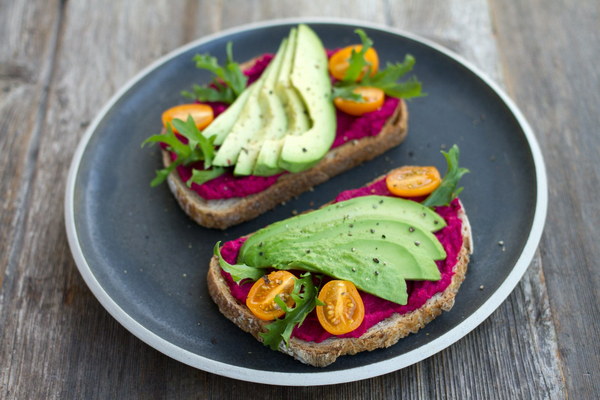The Essence of Beauty and Privacy Understanding Beauty's Intimate Dimensions
In today's fast-paced world, the term beauty has evolved beyond mere physical appearance. The concept of beauty has expanded to include a personal sense of well-being, confidence, and, importantly, privacy. When we talk about beauty and privacy, we are delving into the intimate dimensions of how individuals perceive and maintain their beauty while ensuring their personal boundaries are respected. Let's explore what beauty and privacy mean in this context.
Beauty: A Personal Definition
At its core, beauty is a subjective experience. It is the combination of qualities that pleases the aesthetic senses, such as sight, hearing, and touch. However, in the context of beauty and privacy, it becomes a deeply personal journey. Beauty is not just about looking good; it's about feeling good. This feeling of well-being can stem from a variety of factors, including self-care, self-acceptance, and the cultivation of inner peace.
Privacy: The Safeguard of Beauty
Privacy plays a crucial role in the maintenance of one's beauty. It is the space where individuals can express themselves authentically without fear of judgment or scrutiny. When we talk about beauty and privacy, we are acknowledging that beauty is a fragile concept that can be easily compromised when personal boundaries are crossed.
1. Physical Privacy: This refers to the right to control who has access to one's body and how it is perceived. In the context of beauty, physical privacy ensures that individuals can engage in self-care routines, such as grooming or dressing, without feeling exposed or vulnerable.
2. Emotional Privacy: Emotional privacy is about protecting one's feelings and thoughts related to beauty. It involves the ability to have personal experiences, such as enjoying a relaxing bath or feeling confident in one's appearance, without feeling the need to justify these moments to others.
3. Digital Privacy: With the advent of social media and digital platforms, privacy has become even more critical. Beauty and privacy in this digital age mean protecting personal images and information from being misused or exploited.
Cultivating Beauty with Privacy
To cultivate beauty while respecting privacy, individuals can take the following steps:
- Mindful Self-Care: Engage in self-care practices that prioritize mental and emotional well-being. This can include meditation, journaling, or simply spending time in nature.
- Boundary Setting: Clearly communicate personal boundaries to friends, family, and colleagues. This can help ensure that privacy is respected when discussing beauty-related matters.
- Digital Literacy: Stay informed about online privacy settings and tools to protect personal information and images.
- Authentic Self-Presentation: Embrace your unique beauty without trying to conform to unrealistic standards. Authenticity is often the most attractive quality.
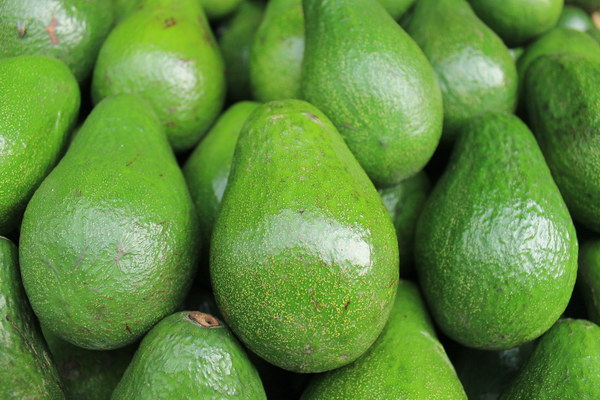
The Intersection of Beauty and Privacy in Society
The intersection of beauty and privacy is not just a personal endeavor; it also has broader societal implications. When individuals feel secure in their privacy, they are more likely to engage in positive self-care behaviors, which can lead to a healthier, more inclusive society. By promoting privacy in beauty-related contexts, we can create a culture that values individuality and self-acceptance.
In conclusion, beauty and privacy are inextricably linked. They represent the intimate dimensions of how we experience and express ourselves. By understanding and respecting these aspects, we can foster a more compassionate and inclusive view of beauty that honors the individual's right to privacy.
